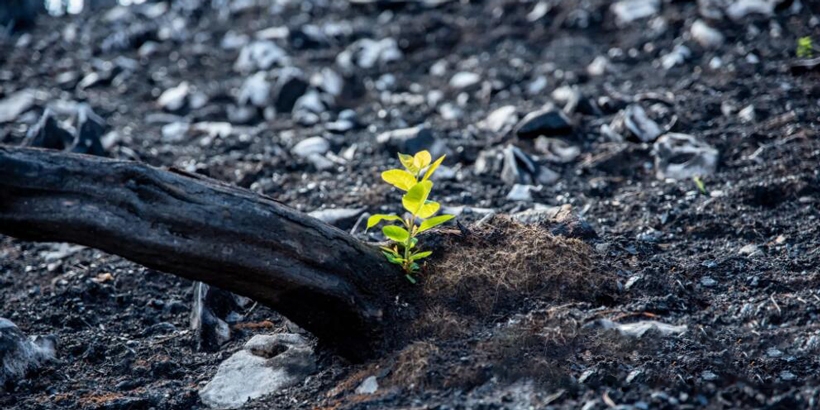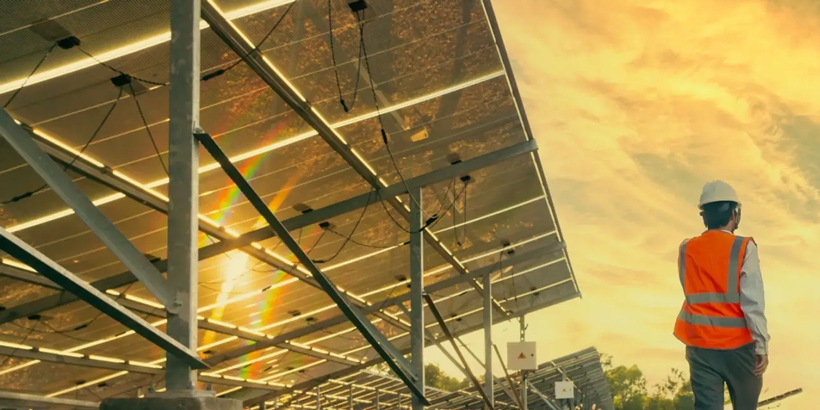Proposed Environmental Protection Agency amendments that would loosen coal ash rules came under scrutiny in an EPA public hearing in Arlington, Va., with environmentalists calling them illegal because of the lack of proper monitoring and protections for the public.
The amendments call for an elimination of onsite dry coal ash storage requirements for utility companies, and the relenting of environmental protections on coal ash fill projects greater than 12,400 tons. The latter of the two amendments is the larger concern for environmentalists.

Earthjustice attorney Lisa Evans told those at the EPA hearing that the proposal would allow for “unlimited volumes” of coal ash to be used at playgrounds as fill and near drinking water wells, “with no notice, no monitoring, no liners, no requirements whatsoever — even though coal ash fill projects contaminate groundwater, drinking water, soil, and air,” per a report from Bloomberg’s Amena H. Saiyid.
On top of that, preliminary findings from a new Duke University study “show that allowing coal ash to be spread on soil or stored in unlined pits and landfills will raise the risk that several toxic elements, including carcinogenic hexavalent chromium, could leach out of the coal ash and contaminate nearby water supplies.”
“Our experiments suggest that when coal ash interacts with water — as it will if it is spread on soil or buried in soil without protective liners — there is extensive mobilization of arsenic, selenium, and chromium, in the form of highly toxic hexavalent chromium,” said Avner Vengosh, professor of geochemistry and water quality at Duke University.
While there still would be some restrictions related to using coal ash as fill, those restrictions would only apply to places such as an “unstable area, wetland, floodplain, fault area or seismic zone,” according to the EPA.
Why coal ash is a problem?

It is disappointing and upsetting to see the EPA seeking to allow coal ash fill sites to go that much more unchecked than previously, especially when a 2019 study from the Environmental Integrity Project found that 91 percent of U.S. coal-fired power plants that have monitoring data are shown to be contaminating groundwater “with unsafe levels of toxic pollutants.”
If there is groundwater contamination near these coal ash basins at power plants, imagine the potential harm coal-ash fill could have on your family’s health, should that fill ever become exposed or leach into drinking water sources.
Coal ash needs to be treated as the hazardous waste that it is, and it needs to be disposed of properly. It contains toxins such as arsenic that are known causes of cancer. While some coal ash is currently used in the making of concrete, a seemingly beneficial use where the coal ash is encapsulated and therefore presents less risk to the environment, what happens when that concrete breaks up or needs replacing? That presents the chance for coal ash to be introduced back into the environment and become a health hazard.
The EPA’s proposal and the continued use of coal by power companies to create electricity means that the coal ash problem isn’t going away anytime soon, and only will get bigger as power companies struggle to make a fast change to cleaner energy sources such as renewable energy. And we haven’t even discussed how the burning of fossil fuels contributes to greenhouse gas emissions linked to climate change.
Evans, the Earthjustice attorney, warned at the EPA hearing that, “This proposal is not only immoral and contrary to science, it is illegal. We will see you in court.”
What will happen with the EPA’s coal ash proposal?

The EPA has yet to issue a final rule on its proposal, so we hope it changes course and keeps current protections in place. If not, legal action may follow, which would be a positive.
No matter what happens, Powerhome, an energy efficiency company, can help you reduce your carbon footprint when it installs high-quality solar cell panels at your home or business. Our solar panels can reduce your electric bill, and therefore reduce your dealings with the power company and the dirty power it produces. That’s what makes solar such an intriguing supplement to grid energy.
Contact us at Power Home to learn about solar energy. Make your stand against the power company, and do the right thing for this generation and future ones.
(1).png)
(1).png)